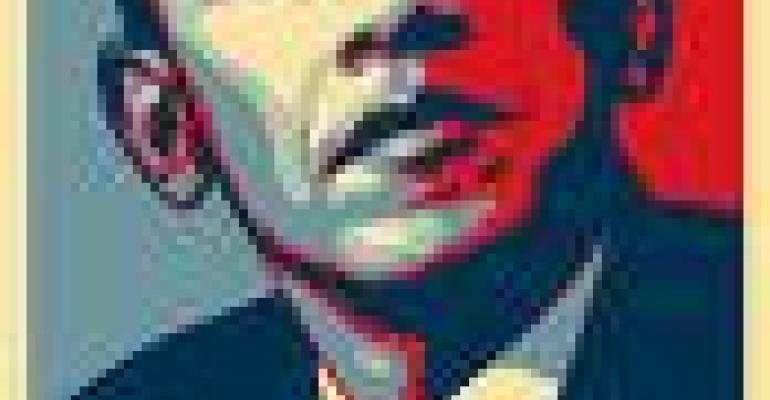 Only people who pay federal income tax should be able to vote in national elections. Only people who pay state income taxes should be able to vote in matters concerning their state. Similarly, only those who pay city/municipal/local income taxes should be allowed to have a say in the voting booth about local issues.
Only people who pay federal income tax should be able to vote in national elections. Only people who pay state income taxes should be able to vote in matters concerning their state. Similarly, only those who pay city/municipal/local income taxes should be allowed to have a say in the voting booth about local issues.
I am only half kidding, and I know I'll get criticized, since I am libertarian, not having universal suffrage is bad and illiberal, right? But, I am seriously wondering if paying income taxes should be considered as a prerequisite to voting. (The real answer is, of course: Everyone should pay income tax at every level, no matter how much you make; it's a "civic duty," no?) After all, we're going broke at all levels of gub'ment. Who is it that said: The problem with a democracy is once that voters figure out that they can vote for candidates who will raid the public treasury for their own narrow self interests is that that democratic state will go broke. Tyranny follows, which is then followed by a cleansing revolution.
And as Nicole Gelinas, a Manhattan Institute senior fellow puts it, "Both Democrats and Republicans have spent the last quarter-century expanding all kinds of voter-friendly tax breaks." She lists various entitlements and tax credits from housing credits, credits for couples who have kids, a job and etc.
The result? Fewer people are paying income taxes. I won't get into the details, Gelinas in the New York Post yesterday provides them but her conclusion is that it is ugly reality that all this taxing of the rich dampens wealth creation in the private economy. Raising taxes has the perverse effect of discouraging private investment but encouraging investors to put money into munis and other tax-exempt debt to fund "bloated state and local governments," says Gelinas. (KMPG and the Tax Foundation note that the U.S. has one of the highest tax rates on corporations, which dampens economic activity.)
Of course the New York Times takes issue with all this 47-percent-pay-no-federal-income-tax fact, saying, "Look closer, poor people pay." (Well, poor people do buy scads of gub'ment lottery games, really probably one of the chief taxes on the poor, if you ask me.) David Leonhardt, who is very leftie, notes that the "poor" and middle class who receive federal grants and entitlements still pay some federal taxes, such as the payroll tax, which is used to fund Social Security and Medicare. The best rebuttal I saw on the web yesterday was by our friendly rivals over at Business Insider (which has sections on its wonderful website that compete directly against ours --- but I nevertheless recommend you visit that site regularly), concluded: "In 2006 (the latest data available), the 40% highest earning American Households paid 86% of Total Federal Tax Liabilities. The 60% lowest earning households paid just 14%. The 40% highest earners have never paid such a large share of total federal tax liabilities as far back as we found tax burden data (back to 1979)."
Perhaps H.L. Mencken, the American Nietzsche, put it best when he wrote: "Government, like any other organism, refuses to acquiesce in its own extinction. This refusal, of course, involves the resistance to any effort to diminish its powers and prerogatives. There has been no organized effort to keep government down since Jefferson's day. Ever since then the American people have been bolstering up its powers and giving it more and more jurisdiction over their affairs. They pay for that folly in increased taxes and diminished liberties. No government as such is ever in favor of the freedom of the individual. It invariably seeks to limit that freedom, if not by overt denial, then by seeking constantly to widen its own functions."

